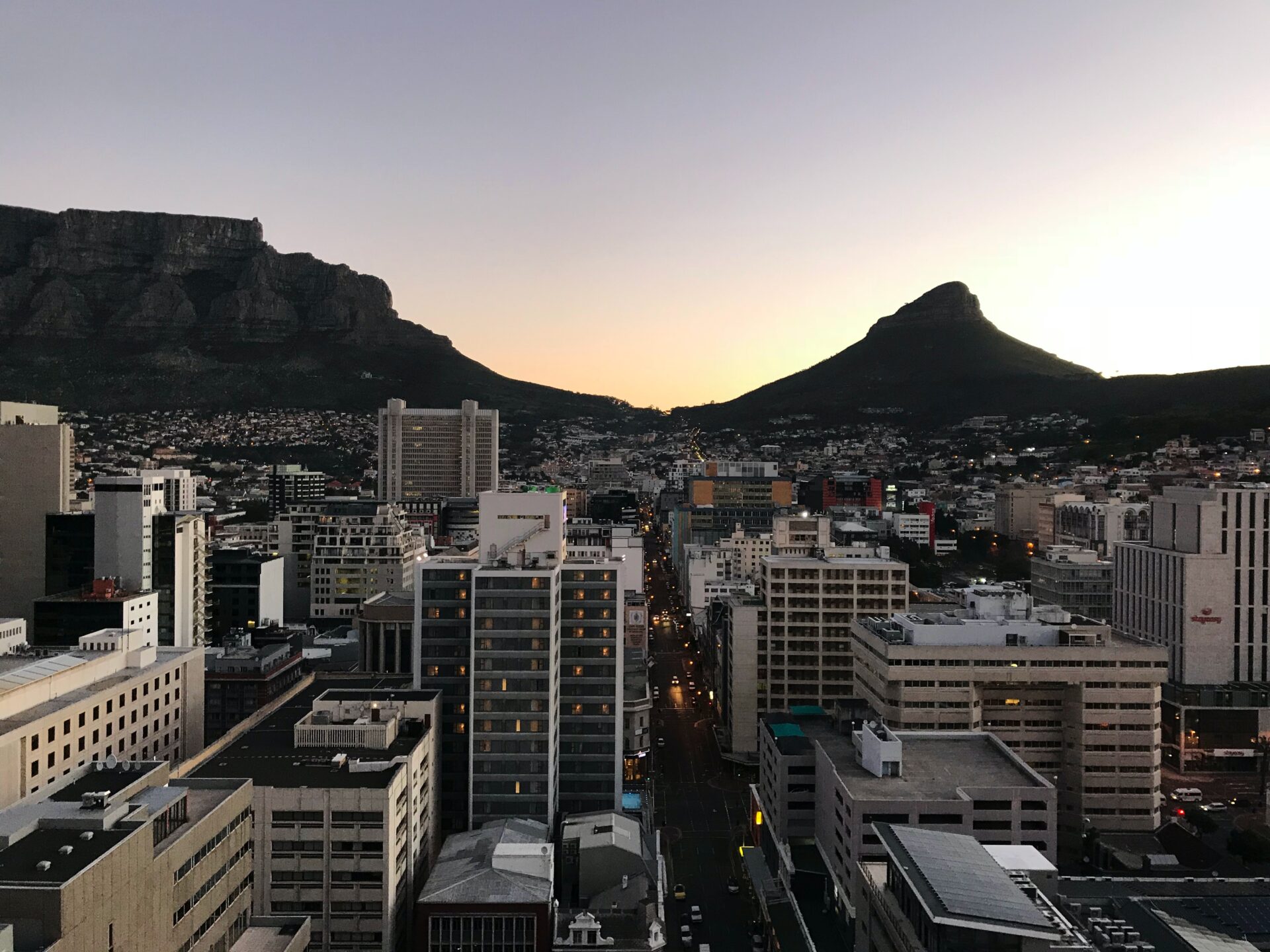CALL FOR PAPERS - NOW CLOSED
Though the city has long been associated with speed and spectacle, including its fast-flowing transport systems and towering buildings, it has also always harboured more mundane activity and sights such as the rehearsed small talk of (consequential) strangers and the habitual queues of daily commuters. These everyday practices (in Michel de Certeau’s terms) form ordinary spaces that are fundamental to the urban imaginary yet are rarely explored in artistic endeavours and, connectedly, rarely granted a cultural value that adequately conveys the social value they afford a city’s population.
In broader discourse on cities, when the notion of ‘ordinariness’ is accepted as an urban quality it often fuels a centre/periphery binary, with artistic and scholarly interest only occurring when it is located in the latter (the sustained representation of suburban ennui, for example). Resonating with Njabulo S. Ndebele’s work (1991), it is important that cities – where the spectacle of state trauma and violence is often most obvious – are understood in more complex terms, with everyday urban lives foregrounded. Additionally, there is a tendency within and beyond academia to hierarchise cities, with those in the Global North held up as the model to which all others are compared, despite Jennifer Robinson’s (2006) seminal work in calling for an alternative framework where all cities are considered ‘ordinary’ and worthy of examination.
In linking together different strands of understanding ordinariness then, this conference seeks to (re)establish the value of the ‘ordinary city’ as it is employed, constructed and imagined in a range of artworks including, but not limited to: literature, visual art, screen media, theatre and performance.
The conference is part of a British Academy-funded project, and it is intended that selected papers will become part of an edited collection.
The conference will take place over two days and will explore 3 themes:
Theme 1: Overlooked Cities
This theme examines the representation of smaller, often overlooked cities in the arts (literary, visual, performance, sonic) and/or questions of distribution and exhibition in such cities. Topics might include:
• Portraying, performing, writing, scoring small cities
• Regional arts centres and venues (galleries, theatres, cinemas)
• Representations of everyday urban life across geographical regions
Theme 2: Mundanity in the Metropolis
This theme focuses on the ordinariness that does not exist exclusively at the periphery and in relation to the spectacle of the centre. Topics might include:
• Rediscovering ordinariness in spaces usually associated with violence and trauma
• Spaces in-between the city/suburban divide; urban edgelands; non-places
• Emotions and atmospheres of the urban everyday in sound and image
Theme 3: ‘Ordinariness’ as multi-faceted artistic lens
This theme looks into the experience of artists (writers, poets, theatre practitioners, filmmakers, musicians) in capturing and representing the everyday city. Topics might include:
• Drawing inspiration from the urban everyday
• Artistic practices that are rooted in mundane metropolitan activities
• Local artist networks and grassroots initiatives
We welcome abstracts (max. 300 words) in one of the three main conference themes. Please indicate in the abstract which of the listed sub-themes you would like to contribute to. Submissions should include the title of the paper, author’s full name, email address and affiliation (e.g. university, college, archive, independent researcher/artist) plus a short biography (50 words). Final conference presentations should be 20 minutes.
The conference will take place in-person, but we may consider online zoom attendance by request. If applicable, please indicate this request in your submission.
The abstracts should be sent as a Word doc or pdf file via e-mail to imaginingordinarycity@gmail.com, with the subject: ‘Name_Imagining the Ordinary City Conference Abstract’. The deadline for abstract submissions is 30 May and all applicants will be notified of the outcome by mid June.
